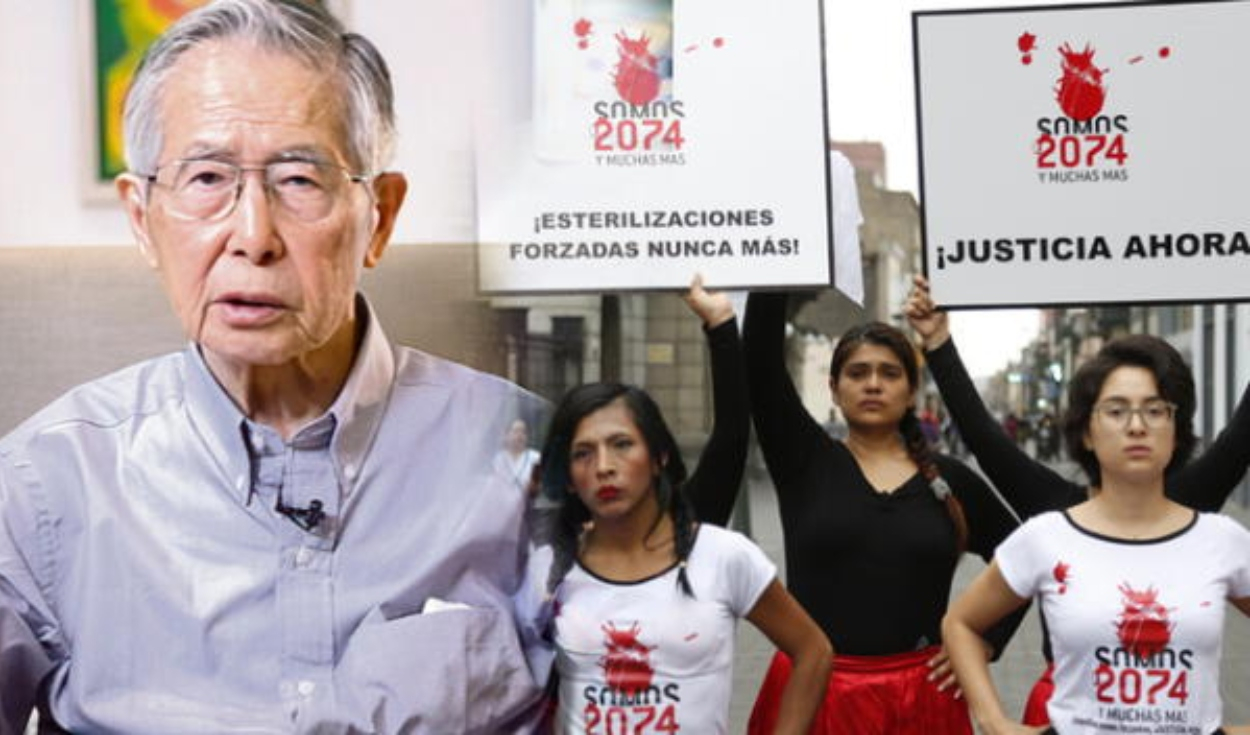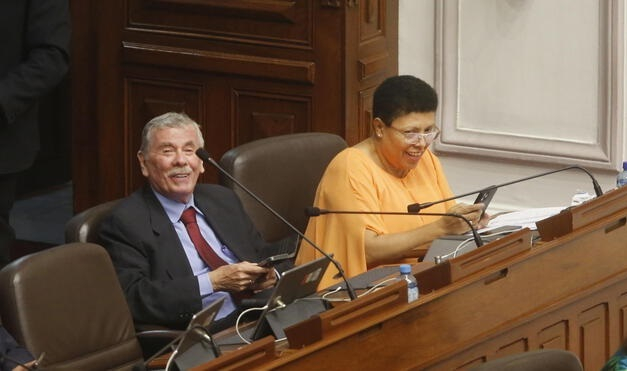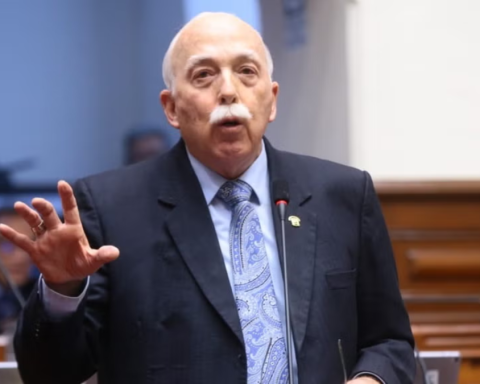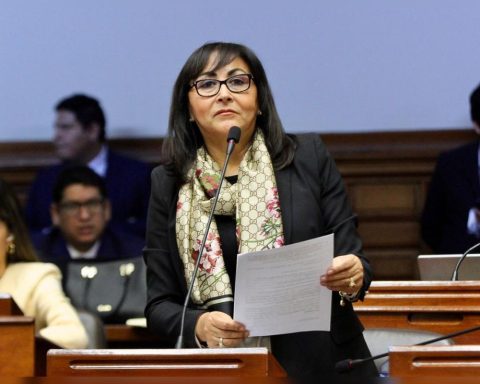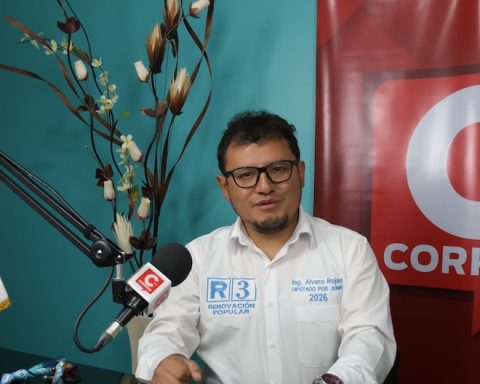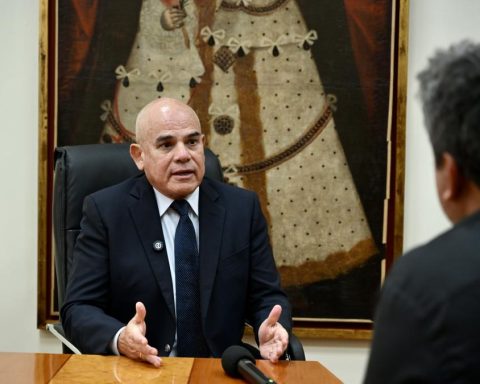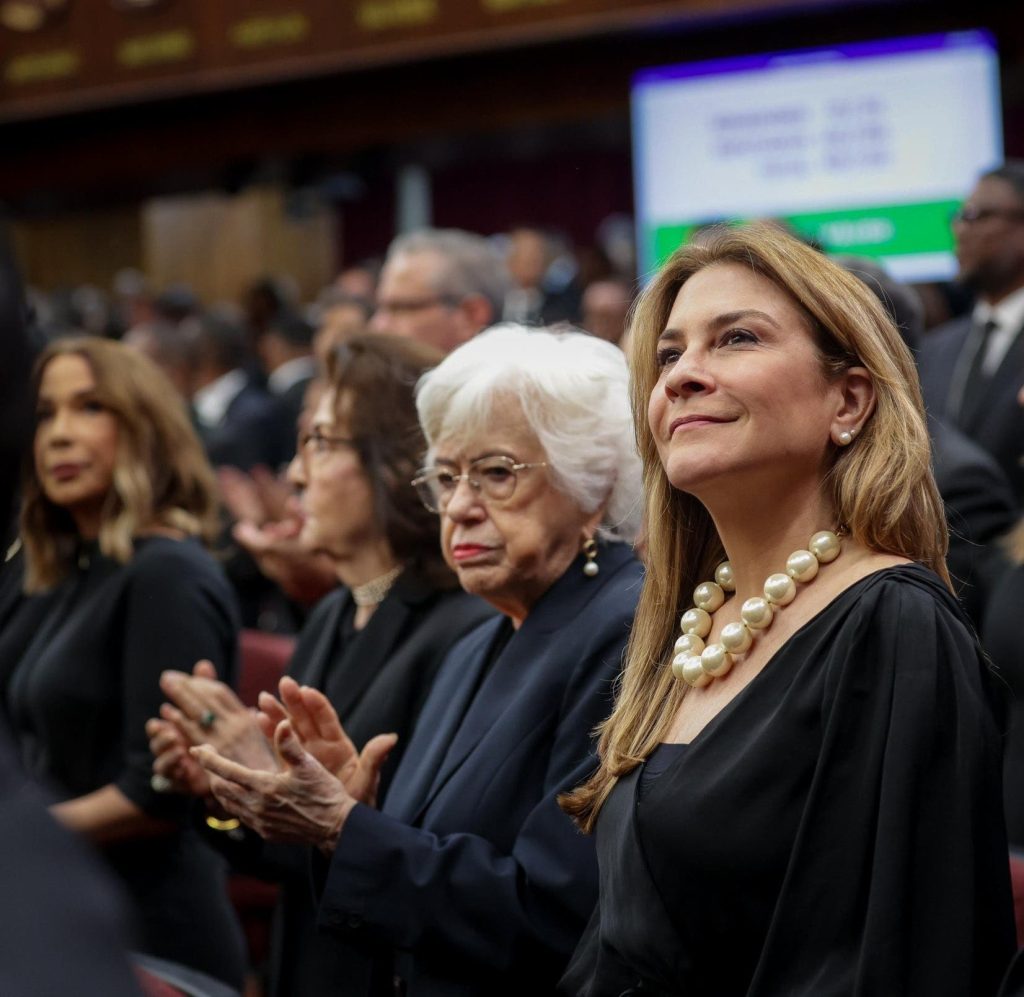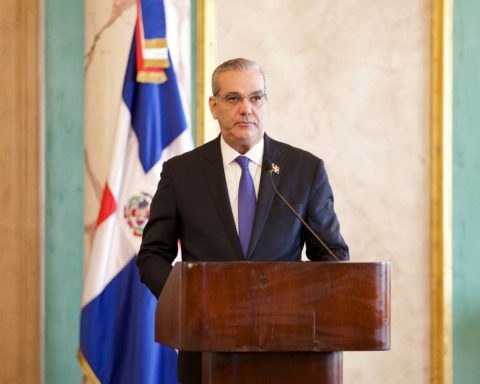Fujimorist congressmen and conservative benches of the Congress of the Republic have proposed a bill to restore the signature of the former dictator Alberto Fujimori in the 1993 Constitution. The 58 legislators who support this project are Arturo AlegrÃa, Alejandro Aguinaga, Rosangella Barbarán, Carlos Bustamante, Eduardo Castillo, Nilza Chacón, Víctor Flores, Raúl Huamán, Mery Infantes, David Jiménez, Carmen Juárez, Jeny López, Martha Moyano, Auristela Obando, Vivian Olivos, Tania Ramírez, César Revilla, Fernando Rospigliosi, Magally Santisteban, Héctor José, Cruz Zeta de Popular Force.
From the bench of APPthere are congressmen Nelcy Heidinger, María Acuña, José Elías, Idelso García, Elva Julón, Luis Kamiche, Magaly Ruíz and Rosio Torres. For their part, from the Podemos Peru bench there are Yorel Alcarraz, José Arriola, Juan Burgos, Digna Calle, Heidy Juárez and Luis Picón.
From the bench Popular Renewal Parliamentarians Diego Bazán, Miguel Ciccia, María Córdova, Noelia Herrera, María Jáuregui, Esdras Medina, Cheryl Trigozo and Norma Yarrow support the law. For his part of the bench Popular Action Congressman Juan Mori supports the proposal.
Of Country Advances They include Yessica Amuruz, Alejandro Cavero, Patricia Chirinos, Diana Gonzáles, Adriana Tudela, José Williams, Alfredo Azurín, Luis Cordero, José Jerí and Ana Zegarra. Finally, there are José Cueto and Jorge Montoya from Honor and Democracy.
What does the project that seeks to restore Fujimori’s signature consist of?
This proposal seeks to repeal Law 27600, which in 2001 eliminated the signature of the deceased Alberto Fujimori of the Constitution of ’93because his dictatorial government falls in the middle of a serious corruption scandal that went around the world.
This Constitution is the one that governs the country currently and was promulgated by the former dictator after the self-coup of April 5, 1992 by the Democratic Constituent Congress (CCD).
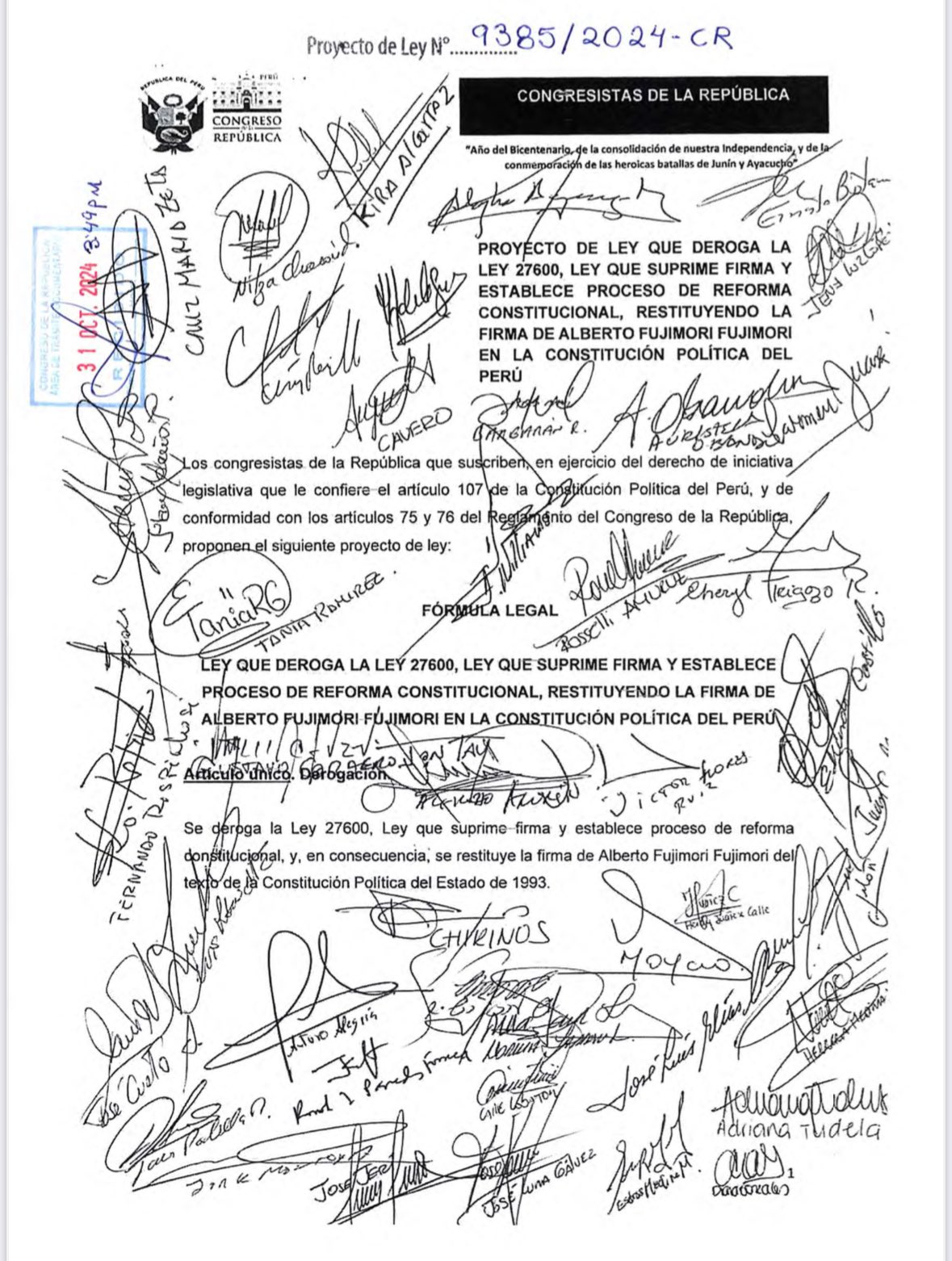
Alberto Fujimori violated women’s rights with forced sterilizations, says the UN
Last Wednesday, October 30, theCommittee of the United Organizations (UN)informed through a statement its decision regarding the complaints forforced sterilizationsin the dictatorship ofAlberto Fujimoriand reported that in said public policy “Alberto Fujimori“violated women’s rights.”
“The policy of forced sterilization, implemented inPeruduring the 1990s constituted a form of sex-based violence and intersectional discrimination, particularly against indigenous, rural and economically disadvantaged women, the study concluded.UN Women’s Rights Committee“reads the statement.
Likewise, the Committee “highlighted the fact that more than 300,000 women, mainly indigenous and rural, were forcibly sterilized, compared to 25,000 men.”
